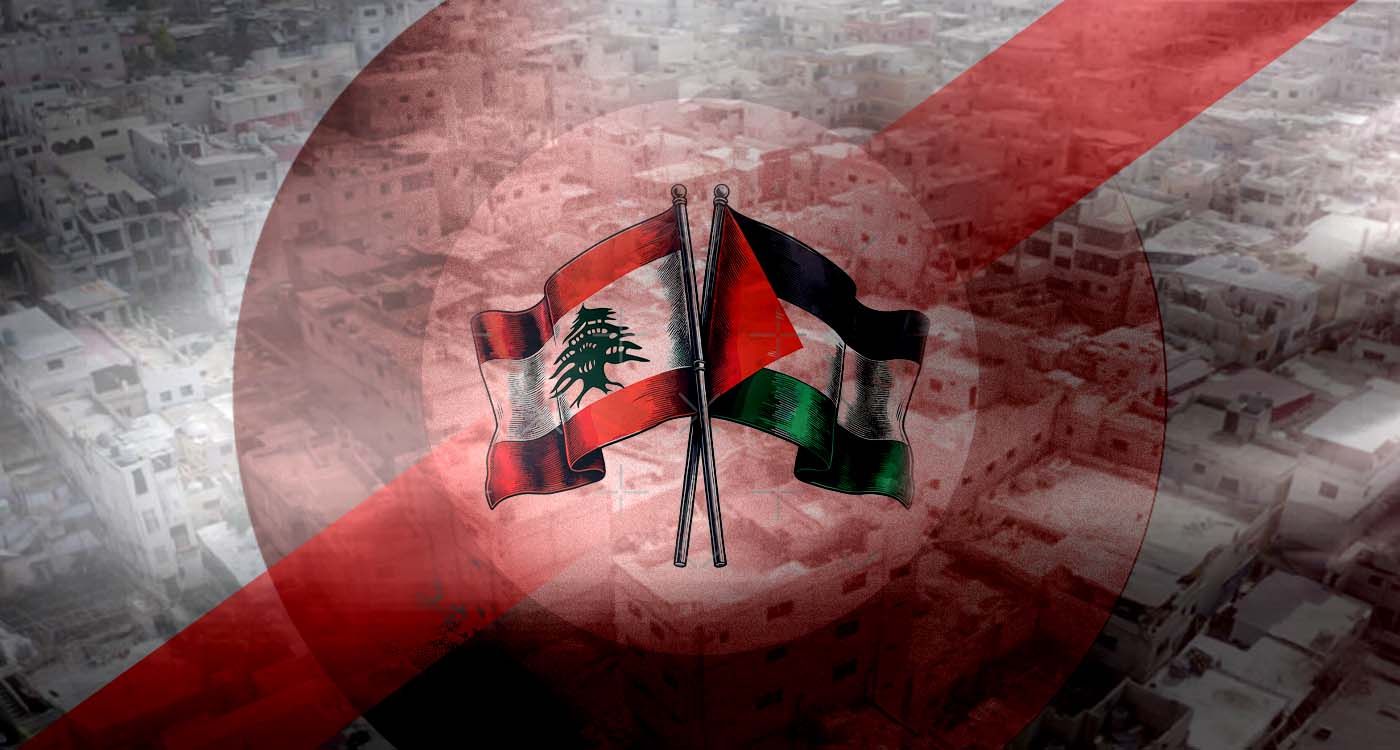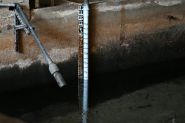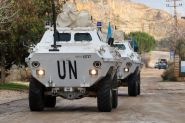
A Palestinian apology could pave the way for reconciliation by confronting the historical injustices inflicted on Lebanon.
On October 26, Palestinian gunmen manning a checkpoint at Beirut’s Shatila refugee camp killed Elio Abu Hanna when he inadvertently drove into the camp. The young Lebanese man reportedly panicked at the checkpoint and did not stop his car, prompting the militiamen to open fire with dozens of rounds. The Palestinians must apologize, not only for this crime, but for decades of offenses against the Lebanese people. The Palestinian leadership and intelligentsia must acknowledge the extensive harm their actions have caused Lebanon, from sparking civil war in 1975 to inviting destruction through their militias’ activities.
The roots of the Palestinian problem in Lebanon trace back to the 1960s, when rivalries between regional powers birthed Palestinian nationalism. In 1964, Egyptian leader Gamal Abdel Nasser was embroiled in a military quagmire in Yemen, supporting putschists to join his United Arab Republic (UAR) against the reigning monarchy backed by his regional rivals Saudi Arabia and Jordan. Seeking to get the better of his enemies, Nasser steered the establishment of the Palestine Liberation Organization (PLO), which aimed to establish a Palestinian state out of Egypt’s Gaza and Jordan’s West Bank. Riyadh opposed the recognition of a Palestinian state, fearing it would join Nasser’s UAR. Instead, Saudi Arabia promoted Yasser Arafat and his Fatah Movement as a rival to the PLO, run by Ahmad al-Shuqairi, a former Saudi diplomat supported by Nasser.
In 1968, Arafat capitalized on a failed Israeli military raid against his troops in Jordan and introduced a novel concept, Palestinian nationalism. Palestine was reimagined from a British-created Mandate territory for Arabs and Jews into an eternal Arab and Muslim nation, erasing its binational history. Arafat ousted Shuqairi, took the reins of the PLO, and began building militias in countries neighboring Israel. In Lebanon, Arafat’s forces—operating out of Palestinian refugee camps—waged war against the Lebanese Armed Forces (LAF). Under pressure from Nasser, Lebanon in November 1969 signed the Cairo Accord, handing over control of refugee camps to the PLO while permitting Palestinian militants to stage operations against Israel.
With Lebanon ceding its sovereignty, Arafat began transforming the country into a launchpad for attacks on Israel, provoking devastating Israeli reprisals. The situation worsened for Lebanon after Jordan expelled Arafat and the PLO in 1970, following their attempts to destabilize the kingdom. The PLO leader and his militiamen moved their bases to Lebanon, which they effectively came to rule. In 1975, Lebanese resistance to this domination sparked a civil war, reducing the "Switzerland of the Middle East" to ruins. In 1982, Israel invaded Lebanon, expelling Arafat to Tunisia. Remnant Palestinian militias remained, including those responsible for the October 26 murder of Elio Abu Hanna.
For 77 years, Palestinians have demanded unwavering loyalty to their cause, often at the expense of other Arabs, including the Lebanese, who have been hosting them since 1948. Today approximately 195,000 “Palestinians from Lebanon,” as they are called by UNRWA, remain in Lebanon. UNRWA, originally established to resettle Palestinians displaced by the 1948 Arab-Israeli war—as evidenced by its founding documents and early correspondence—shifted its mission. Instead of resettlement, it became a de facto government for Palestinians, managing their affairs while awaiting their “return” to the lands in Israel that their ancestors left 77 years ago. Lebanon has borne more than its share in hosting Palestinians and their “cause.” It is high time that the UN take responsibility for resettling them elsewhere.
Decades later, Palestinians have neither apologized nor sought forgiveness from the Lebanese for the chaos they wrought. Even prominent Palestinian intellectuals, such as Edward Said, expressed regret not for the harm caused but for losing control over Lebanon, revealing little remorse for their occupation of the country. A formal apology is overdue. If the Palestinians express genuine regret, the Lebanese might consider forgiveness, potentially foregoing the hundreds of billions of dollars owed in reparations for devastation. An apology could pave the way for reconciliation by recognizing shared suffering while confronting the historical injustices inflicted on Lebanon.




Comments